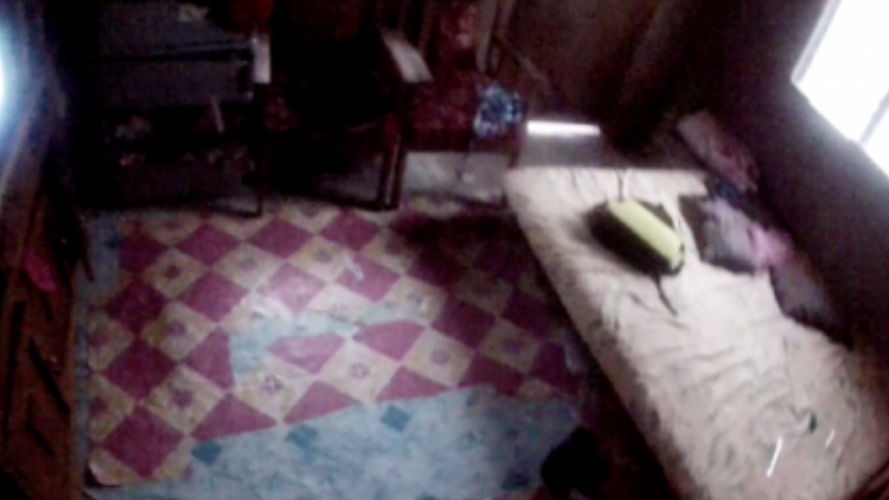IJM’s First Conviction in a Live-Streaming Cybersex Trafficking Case
Online Sexual Exploitation of Children (OSEC)
A Filipino couple has been sentenced to 15 years in prison for live-streaming sexual abuse of their own children and broadcasting it to paying customers around the world. The children—3, 9 and 11 years old—were rescued from their home in September 2013 and have been living together at an aftercare shelter where they continue to work through the deep trauma of having been exploited by their parents.
What is Cybersex Trafficking?
Cybersex trafficking is the sexual abuse of children broadcast over the internet in exchange for money. The Philippines has become a hotspot because internet access is common and English is widely spoken—making it easy for Western pedophiles and predators to dictate the abuse they want to see.
Unlike in "traditional" cases of child sex trafficking, in which pimps or traffickers recruited vulnerable teens to work in bars that turned out to be brothels, the criminals facilitating cybersex trafficking prey on children already in their community or family. In more than half of IJM's cases so far, the criminal profiting from the abuse is a parent, relative or close family friend.
In this case, customers from countries all over the world, including the U.S., paid to direct the abuse over a webcam.
Nowhere to Hide
Dianna* is the oldest of the three siblings. She went to school by day, then came home to face fear in the night. The family lived in a one-room home built from concrete and scraps of wood. There were no divisions in the house, so the younger sisters saw everything that happened when Dianna had to stand in front of the desktop computer set up in a corner.
Customers would wire a payment to her parents, then direct Dianna to perform sex acts. Before long, her younger sisters were forced to join. There was nowhere to hide.
Following a tip from U.S. Homeland Security Investigations (HSI), on September 4, 2013, Philippine local law enforcement, HSI agents and IJM set up a sting operation. The parents thought they were preparing for a show, but instead a team of law enforcement and social workers arrived to place them under arrest.
Eleven-year-old Dianna and her sisters, 9 and 3, were set free from exploitation.
Wisdom in Plea Bargaining
Seeking justice for the children has taken three years. IJM helped Cebu prosecutors develop the legal case, and the lead IJM lawyer advocated for a plea bargain.
In a plea bargain, the defendants admit guilt, typically in exchange for a lesser charge or sentence. It can also save victims from having to testify. The child psychologist concluded that it would re-traumatize the young sisters to testify against their parents in court.
On July 19, a plea bargain was finalized and the parents were sentenced to 15 years in prison and fined for admitting to their guilt.
“There is wisdom in plea bargaining," explained Fernando Gubalane, Regional State Prosecutor and Head of the Cebu region's Inter Agency Council Against Trafficking (IACAT 7). "IACAT 7 and partners are not only for the conviction of accused parents but also for the victims’ rehabilitation and giving them light for their future.”
Children who have been sexually abused by their parents often feel guilt on top of sadness for seeing their family split. A child psychologist helped the family say goodbye. The IJM lawyer looked on as the parents in their orange prison suits told the sisters, now 5, 12 and 14, that what was happening was not the children's fault. The father broke down crying as he spoke.
Strong Ruling Sets Important Precedent
The shelter that houses Dianna and her sisters has become a second home for them, one where they are relearning a childhood free from violence. Dianna says she wants to be a psychologist when she grows up, a hopeful reflection of the healthy relationship she has formed with her own psychologist.
This is the first conviction in an IJM case of live-streamed cybersex trafficking. To our knowledge, it is also only the second case of cybersex trafficking in the Philippines that concluded through a plea bargain. This avenue for pursuing justice sets an important precedent for handling heartbreaking cases involving parents exploiting their children through cybersex trafficking.
*A pseudonym